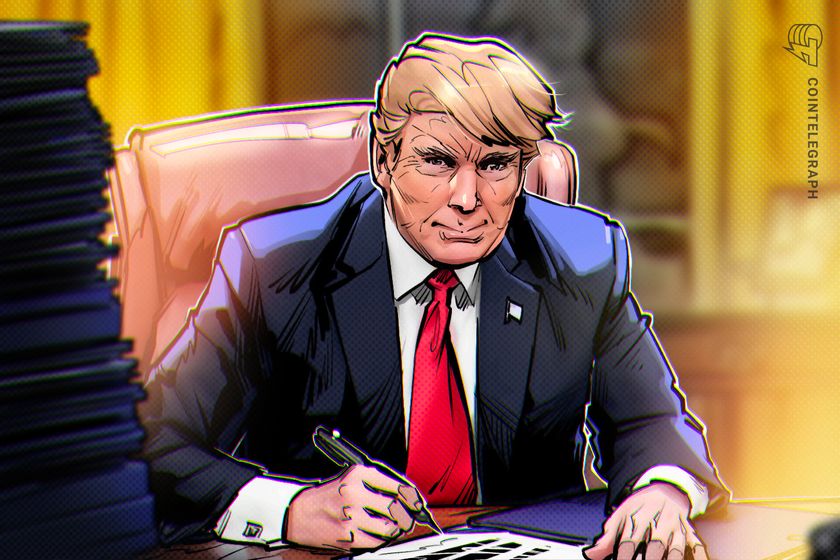US intelligence is looking at Chinese CBDC as a national security threat
The Director of National Intelligence wants to have the SEC’s leader briefed on the dangers of the U.S. falling behind in crypto.
3701 Total views
45 Total shares

The United States national security apparatus is warning other agencies about China’s upcoming digital currency.
On Wednesday, news outlet the Washington Examiner reported on a letter that National Intelligence Director John Ratcliffe had sent Securities and Exchange Commission Chairman Jay Clayton earlier in the month.
According to the report, Ratcliffe offered to have staff brief Clayton on the security issues that derive from China’s dominance in crypto mining as well as the country’s progress in digitizing the yuan. Ratcliffe’s letter also apparently pushed Clayton to ensure that U.S. crypto firms remain competitive.
Cointelegraph has reported extensively on the race for a central bank digital currency, or CBDC. Among major economies, China seems to be closest to launch.
Since Bretton Woods in 1944, the U.S. has enjoyed a privileged status as the issuer of the world’s reserve currency, the U.S. dollar. To this day, almost all international trade is settled in dollars, though that is changing for countries like Russia and China, which are subject to extensive U.S. sanctions.
The dollar’s special status affords the Federal Reserve extra flexibility in printing more dollars without running into hyperinflation, as there is huge demand beyond U.S. shores. It is also this special status that allows U.S. sanctions to be such useful instruments of international influence.
A successful digital yuan could challenge the status of the dollar in international trade. The flip side, however, is that many see a digital yuan as a tool of surveillance for the Chinese Communist Party. While that might reduce demand, the upgraded access to information may be another factor that Ratcliffe is worried about.









